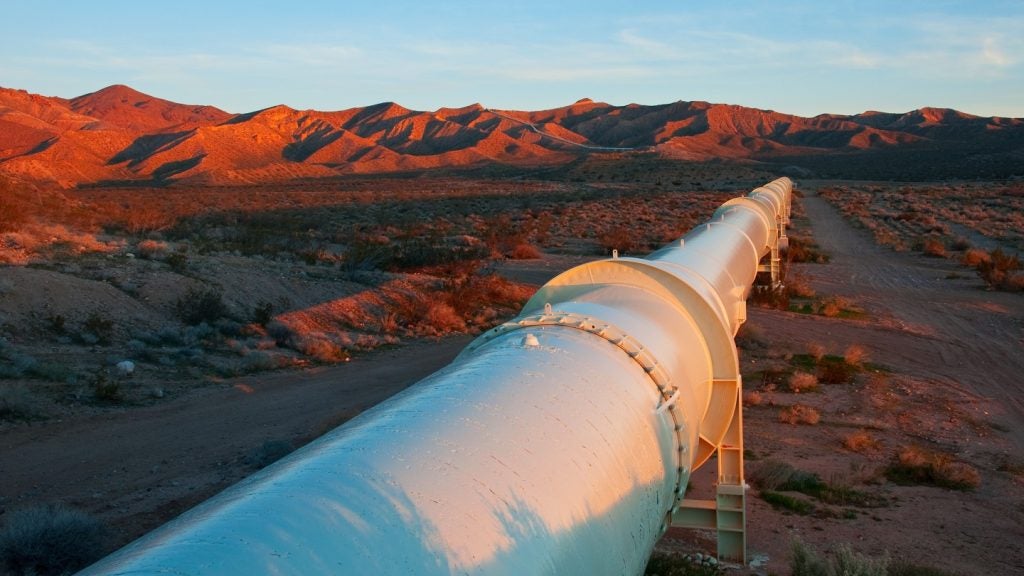The leaders of Canada's largest oil sand companies openly supported the implementation of a carbon tax, but during testimony to lawmakers in Ottawa on Thursday, they argued that the proposed federal cap on oil and gas emissions is unnecessary legislation.
Executives from Suncor Energy, Imperial Oil, Cenovus Energy, Enbridge and Shell participated in a video conference before Canada’s House of Commons committee to address queries about their initiatives to reduce emissions.
On 7 December 2023, Canada's Government released the Regulatory Framework for an Oil and Gas Sector Greenhouse Gas Emissions Cap. It suggests implementing a cap-and-trade system under the Canadian Environmental Protection Act that establishes a controlled threshold for emissions from the sector.
According to the government, the regulations will be crafted to ensure that greenhouse gas (GHG) emissions from the upstream and liquefied natural gas (LNG) subsectors decrease gradually and reach net zero by 2050.
Suncor CEO Rich Kruger noted in the meeting that the companies in attendance, such as his own, are investing hundreds of millions of dollars into initiatives to transition to alternative fuels and generate low-carbon power.
Kruger said these initiatives also include spending on energy efficiency, constructing and operating renewable fuels facilities, testing technologies to reduce emissions from in situ extraction, and collaborating to advance a ground-breaking carbon capture and sequestration project – the oil sands Pathways Alliance.
"I do support a price on carbon across the economy because I believe that will drive innovation and economic incentives [and] continue to improve our business," said Kruger, as reported by Reuters. "I fundamentally worry that a cap on emissions, the way it is constructed, will be a cap on production,” he added.
According to the news agency, Canada is the fourth-largest oil producer globally and mainly derives its five million barrels per day of production from the oil sands in northern Alberta.
Suncor, Imperial and Cenovus, part of the Pathways Alliance, a consortium of oil sand producers, propose allocating C$16bn ($11.7bn) to a carbon capture and storage project.
However, progress has been sluggish, and the consortium is seeking additional public funding from federal and provincial governments before making a final investment decision.
Research from a Canadian think tank, Pembina Institute, shows oil sands bitumen is still among the most carbon-intensive in the world to produce and refine. “It is now time for oil sands companies to accept the significant level of support on offer,” the institute said in a statement.














